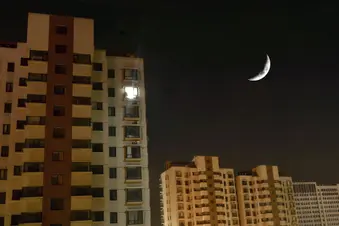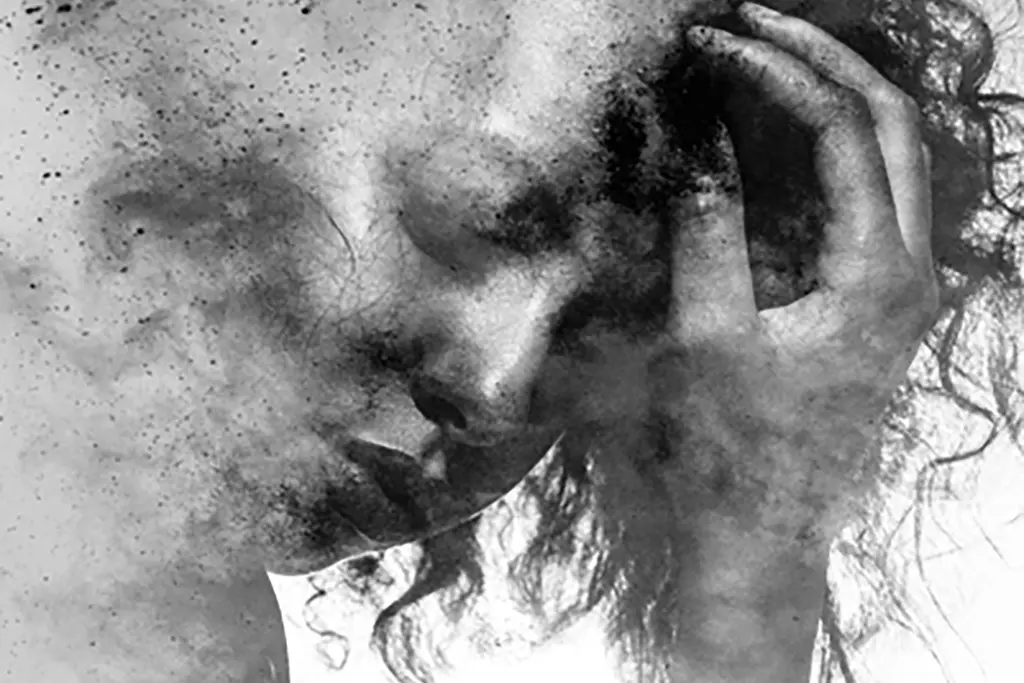
Sleep problems may be one of the first symptoms of major depressive disorder -- a serious, but treatable mental health problem, more commonly known as depression.
Not only a symptom of depression, some sleep problems, like insomnia, may also help cause depression. Up to 20% of people who have trouble falling or staying asleep -- that's insomnia -- eventually develop depression. In one major study, people with insomnia were five times more likely to get depression than others.
This link between insomnia and depression can lead to a painful cycle in which depression leads to sleep problems, which in turn worsen your depression.
What Is Major Depressive Disorder?
Depression, which doctors may call major depressive disorder, is a treatable mental illness. You feel sad more often than usual, and you may lose interest in activities you once enjoyed. It can lead to problems in your work and home life as well as other emotional and even physical problems. Other symptoms may include:
- Pacing, handwringing, and other restless activities
- Slowed speech and movements that others notice
- Trouble focusing on tasks or making decisions
- Low energy and tiredness
- Changes in appetite
- Weight loss or gain unrelated to dieting
- Feelings of guilt or worthlessness
- Thoughts of death or suicide
If you notice symptoms that last more than 2 weeks, it may be time to talk to your health care provider.
How Do Sleep Problems Relate to Depression?
Most people with depression have sleep problems of some sort. It's so common in fact that many doctors hesitate to diagnose depression in people who don't report sleep problems.
It goes the other way, too. Not only does depression often cause sleep troubles, but sleep troubles can also cause depression. This can make it hard for you or your doctor to figure out which problem came first.
These are the most common sleep problems linked to depression:
Insomnia. This is when you have trouble either falling asleep or staying asleep long enough to get proper rest. Short-term insomnia lasts a few days or weeks. Most often, stress causes it. Chronic insomnia brings this kind of sleep trouble three or more times a week for 3 months or longer.
Hypersomnia. It's when you're often very tired during the day. You may feel an overwhelming need to nap at unusual times like at a meal, at work, or during a conversation. You may sleep for long hours and find it hard to wake up. You may also feel anxious, irritable, low energy, and foggy when you're awake.
Obstructive sleep apnea. With this condition, heavy snoring cuts off your breathing when you sleep. This can wake you up, sometimes many times a night. Though you might not remember waking up, you may be groggy and grouchy the next day from lack of sleep. Excess body weight can lead to sleep apnea, but there are other causes too. A doctor can test to see if you have it and help you manage and treat it.
By far, insomnia is the most common sleep problem linked to depression. Around 3 out of 4 adults who have depression also have insomnia. About 1 in 5 people with depression have obstructive sleep apnea. About 1 in 7 have hypersomnia.
Whether your sleep problems led to depression or the other way around, it's a good idea to deal with both problems head on with the help and guidance of your health care provider.
What Can You Do?
It helps to understand how sleep trouble and depression interact. The sooner you spot the symptoms of either problem, the sooner you can get the treatment you need to get you back on your feet. Talk to your doctor if you have:
- Trouble falling or staying asleep
- Regular daytime tiredness
- Pain or discomfort that prevents good sleep
- Symptoms of depression like feelings of helplessness, hopelessness, and other symptoms listed above that last longer than a couple of weeks
Call 911 or the National Suicide Prevention Lifeline at 1-800-273-TALK if you or someone you know is in crisis or having thoughts of suicide.
How Do You Treat Depression-Linked Sleep Problems?
You may need separate treatment for both depression and sleep problems.
Common medications for depression like selective serotonin reuptake inhibitors may help with mood and other depression symptoms, but they might not improve your sleep. Other treatments for depression include various types of talk therapy and medications like antipsychotics. But lingering sleep problems could make these treatments less effective.
A specially designed talk therapy called cognitive behavioral therapy for insomnia (CBT-I) shows promise in treating insomnia. Some evidence suggests that when combined with depression treatment, CBT-I helps improve sleep problems in people with depression and lessens the chance of depression in the future.
Continuous positive airway pressure (CPAP) devices for sleep apnea can restore good sleep, which can lessen the chance of depression. That's a big deal since people with sleep apnea are five times more likely to develop depression than others.
Unpacking the treatment options for depression-linked sleep problems is complex because each individual case can be so different. Talk to your health care provider about your symptoms and the best treatment for you.
Show Sources
Photo Credit: sdlgzps / Getty Images
SOURCES:
American Psychiatric Association: "What Is Depression?"
Harvard Medical School Division of Sleep Medicine: "Sleep and Mood."
Johns Hopkins Medicine: "Depression and Sleep: Understanding the Connection."
National Institute of Mental Health: "Suicide Prevention."
National Institute of Neurological Disorders and Stroke: "Hypersomnia Information Page."
